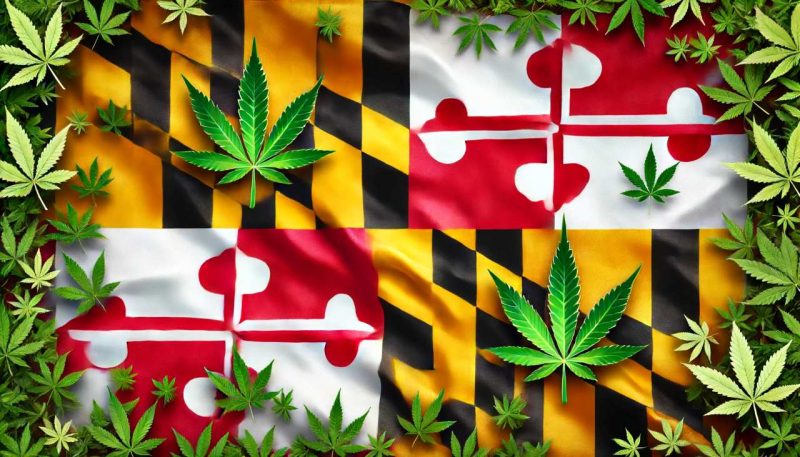
In a historic move, Maryland Governor Wes Moore has issued pardons for approximately 175,000 individuals with cannabis-related convictions. This landmark decision is part of a broader effort to rectify the long-standing injustices
associated with the criminalization of cannabis and to embrace a more equitable and progressive approach to drug policy.
Scope and Impact of the Pardons
The pardons cover a wide range of cannabis-related offenses, primarily focusing on non-violent, low-level possession charges. The initiative aims to expunge the criminal records of these individuals, thereby removing barriers to employment, education, and housing.
Governor Moore highlighted the disproportionate impact of cannabis laws on minority communities, emphasizing that this move is a step toward rectifying systemic racial disparities in the criminal justice system. “Today, we are taking a significant step toward justice and equity,” Moore stated. “For too long, our criminal justice system has disproportionately targeted communities of color for cannabis-related offenses. This action is about righting those wrongs.”
Aligning with National Trends
The decision aligns with the increasing trend of cannabis legalization and decriminalization across the United States and reflects a growing acknowledgment of the need for criminal justice reform. By focusing on low-level possession charges, the governor aims to address past injustices while promoting a more lenient approach to cannabis-related offenses.
Implementation and Support
The Maryland State Department of Public Safety and Correctional Services will oversee the expungement process. Legal aid organizations and advocacy groups are set to assist affected individuals in navigating the expungement process, ensuring that the benefits of the pardons are fully realized.
Reactions and Criticisms
Civil rights groups and cannabis advocacy organizations have praised the decision, viewing it as a significant victory for social justice. Many individuals with prior convictions expressed relief, anticipating the removal of the stigma and obstacles associated with their records.
However, not all reactions have been positive. Some critics argue that the pardons might encourage drug use and undermine law enforcement efforts. Others call for more comprehensive reforms, including the legalization and regulation of cannabis.
A Pivotal Moment for Maryland
Governor Moore’s decision marks a pivotal moment in Maryland’s approach to cannabis policy and criminal justice reform. It sets a precedent that other states may follow, further fueling the national conversation on drug policy and social equity. As Maryland implements this decision, the focus will be on ensuring that those affected can fully benefit from this historic act of clemency.
Conclusion
The issuance of 175,000 pardons for cannabis-related convictions by Governor Wes Moore represents a significant step towards justice and equity in Maryland. It addresses past injustices while paving the way for a more progressive approach to cannabis regulation. As the state implements this decision, the focus will be on ensuring that those affected can fully benefit from this historic act of clemency.
